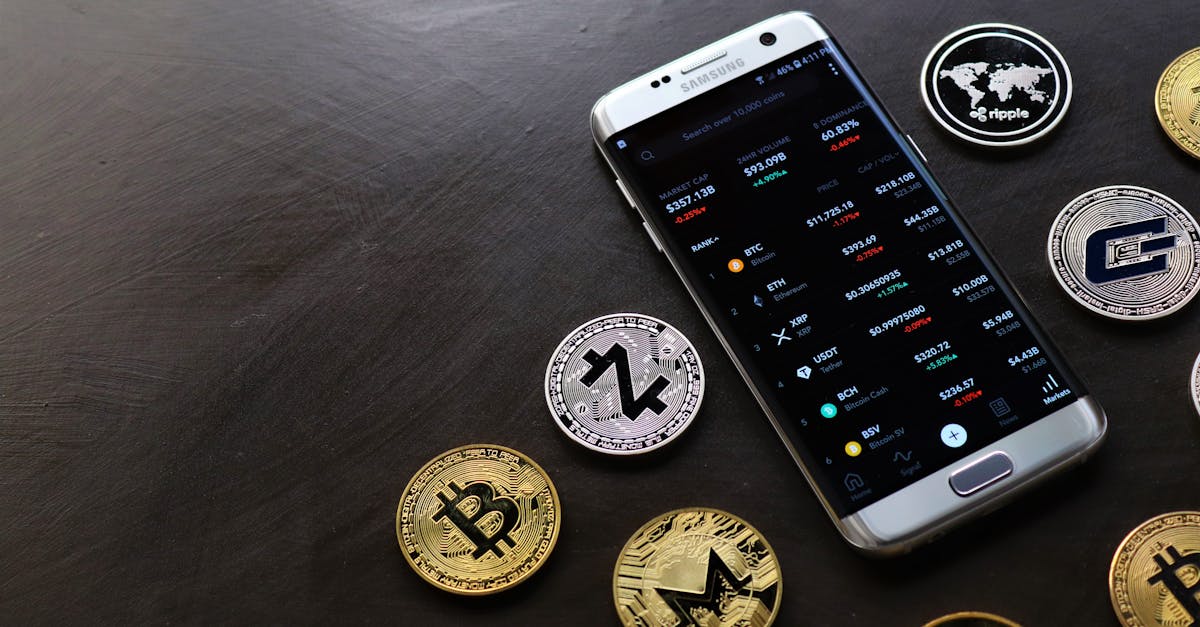Finance Forward Digital Wallet Insights
Introduction
In the ever-evolving world of finance, digital wallets have emerged as one of the most significant innovations in recent years. With roots in mobile banking and fintech solutions, digital wallets offer a seamless approach to managing transactions, driving a shift in consumer behaviors and expectations. By providing cashless convenience, they pave the way for a future where traditional banking takes a backseat. These virtual tools are not just practical but also transformative, opening up new possibilities for both consumers and businesses alike. As digital wallets continue to develop, understanding their influence on modern finance becomes imperative.
Advertisement
Understanding Digital Wallets
Digital wallets, essentially virtual storage spaces for financial instruments, offer more than just payment solutions. They store credit and debit card information, bank account details, loyalty cards, and even cryptocurrency. By integrating these elements into a compact, secure, and user-friendly platform, digital wallets simplify financial transactions, making them quicker and more efficient. Popular wallets such as Apple Pay, Google Wallet, and PayPal lead the charge, gaining ground among varied demographics thanks to their ease of use and security measures. For both tech-savvy and traditional users, the concept of a digital wallet embodies the future of finance.
Advertisement
The Rise of Mobile Payments
Mobile payments are a critical component of the digital wallet ecosystem, driving a massive shift in how individuals interact with money daily. As smartphones become ubiquitous, the convenience of carrying a digital wallet has become increasingly attractive. Users can make purchases, transfer money, and even pay bills with just a few taps on their phone. Mobile payments offer versatility, catering to small businesses and large corporations alike. Additionally, the use of Near Field Communication (NFC) technology and QR codes in many digital wallets further enhances their functionality, contributing to the widespread adoption of mobile payments across the globe.
Advertisement
Security Measures and Innovations
Security is paramount in the digital wallet landscape, as financial transactions are prone to cyber threats. Various cutting-edge security measures like biometric authentication, tokenization, and end-to-end encryption are embedded within digital wallet applications to protect user data and transactions. These advanced technologies provide peace of mind by ensuring personal and financial information remains confidential and secure from potential cyber-attacks. Companies continually invest in research and development, ensuring that digital wallet platforms stay ahead of evolving threats, thus maintaining consumer trust and encouraging wider adoption.
Advertisement
Impact on Traditional Banking
Digital wallets have begun to challenge traditional banking paradigms, forcing financial institutions to re-evaluate their service models. While some perceive digital wallets as competitors to banks, they also present collaborative opportunities that can enhance customer experiences. Banks partnering with digital wallet platforms can deliver innovative solutions like tailored financial products and improved customer engagement. Additionally, the ability to process transactions rapidly and efficiently without needing physical bank branches is attractive to consumers seeking accessibility and convenience. Thus, digital wallets pave the way for a symbiotic relationship with traditional financial services.
Advertisement
Shaping Consumer Behavior
By offering frictionless, cashless transactions, digital wallets are reshaping consumer behavior and altering payment norms. The enhanced convenience of tap-and-go payments encourages increased consumer spending and fosters loyalty to retailers who adopt these technologies. The ability to integrate loyalty programs within digital wallets incentivizes frequent use, aligning with consumer desires for more streamlined shopping experiences. This shift in consumer behavior represents a broader trend towards digital solutions, demonstrating a clear divergence from the old-world use of cash and traditional payment methods.
Advertisement
Facilitating Financial Inclusion
Digital wallets hold the potential to drive financial inclusion by providing access to financial services for underserved populations. In regions with limited banking infrastructure, mobile money solutions offer an alternative to opening brick-and-mortar bank accounts. Communities with scarce access to traditional banking can leverage digital wallets to receive payments, make transactions, or save money without being geographically restricted. This democratization of financial access can enable economic growth, empower individuals, and ensure that digital solutions contribute to reducing inequality.
Advertisement
Challenges and Opportunities
Despite their many benefits, digital wallets face challenges that need addressing for effective widespread adoption. These include regulatory compliance, maintaining a balance between convenience and security, and ensuring technological inclusivity. Furthermore, addressing consumer skepticism and educating various demographics on the benefits and safety of digital wallets remain priorities for stakeholders in the ecosystem. Nevertheless, overcoming these challenges offers vast opportunities to innovate, expand markets, and further integrate digital wallets into everyday financial practices.
Advertisement
Future Trends and Developments
Several emerging trends and developments indicate a promising future for digital wallets. Incorporating artificial intelligence and machine learning can offer personalized financial services, anticipate user needs, and enhance security even further. Cryptocurrencies are likely to play an increasingly important role in digital wallet ecosystems, providing innovative methods for value exchange. Additionally, as the Internet of Things continues to proliferate, digital wallets will expand their reach into smart devices, offering an integrated experience in everyday activities. These trends underscore the dynamic nature of digital wallets and their growing influence on global finance.
Advertisement
Conclusion
As digital wallets continue to evolve, they are poised to redefine the landscape of modern finance by offering convenience, security, and accessibility to users worldwide. From mobile payments to financial inclusion, they present transformative potential for consumers and businesses alike. Despite challenges, the ongoing innovation and development of digital wallets underscore their fundamental role in shaping the future of financial systems. As more individuals embrace these revolutionary tools, the financial sector will witness both substantial growth and shifts in traditional paradigms. The future of finance is not just digital—it's wallet-centric.
Advertisement








